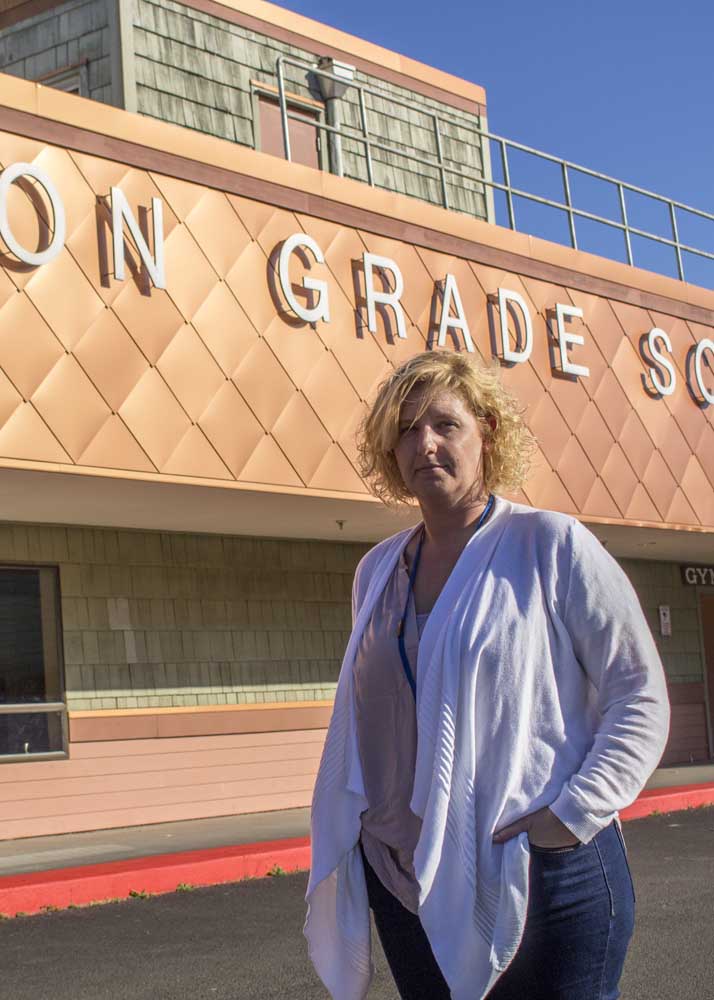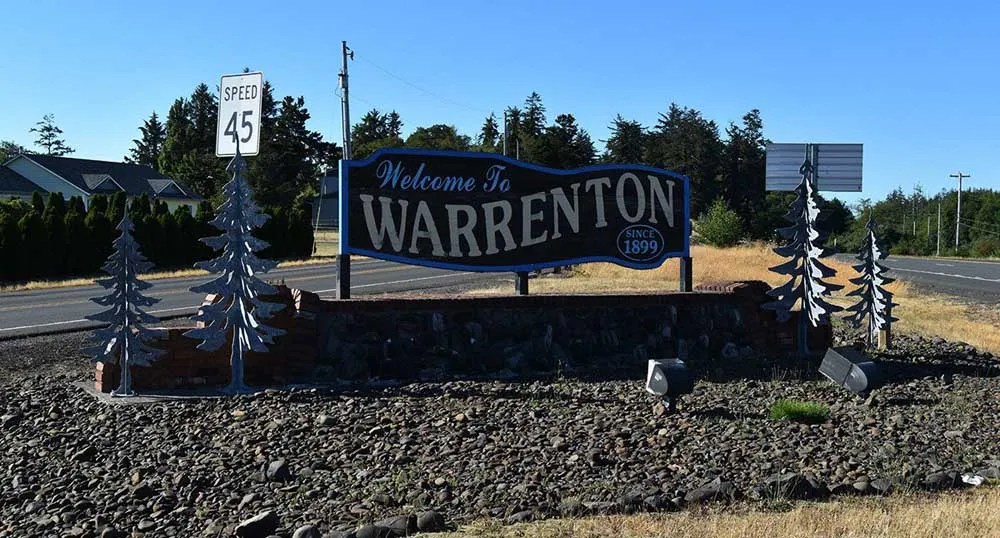Behavioral counselor helps schoolkids cope
Published 4:35 am Monday, October 5, 2015

- Jolene Wolfe is a behavioral support therapist for local school districts, based at Warrenton Grade School.
As a teacher in Virginia, Jolene Wolfe said she felt frustrated that the emotional needs of her students were not being met, undermining their education.
Trending
“I definitely experienced frustration in having to focus on standards so much, when I could see my students were struggling with more important life issues,” she said.
Now Wolfe finds herself based at Warrenton Grade School, providing that behavioral support to some of the most challenging students in the county.
Wolfe, a youth and family clinician from Clatsop Behavioral Healthcare, provides everyday therapy to about 10 students in the consortium classroom, a combined service of all five Clatsop County school districts taking students who, because of traumas they’ve experienced, cannot cope with mainstream classrooms.
Trending
Wolfe’s position is funded through a one-year grant from Greater Oregon Behavioral Health Inc. and is part of Warrenton Grade School’s transition to trauma-informed care, a framework for understanding, recognizing and responding to the effects of all types of trauma
The consortium classroom, now in its third year, started in Knappa and is now in its second year at Warrenton. Mark Jeffery, superintendent of Warrenton-Hammond School District, said the districts realized there was a growing need for therapeutic support to students and secured money through the Northwest Regional Education Service District for the classroom.
“I do a lot of talking with the kids individually,” Wolfe said. “I’ll also observe interactions and make notes.”
Wolfe acts as a teaching assistant and a therapist to students in the classroom, without letting on that she is a therapist. If there’s an escalation with a student, Wolfe said, she debriefs with the teacher afterward and talks about the contributing factors and what can be done differently to avoid the escalation.
“Trauma-informed care is approaching the students from the mindset that students who have experienced trauma will be wired differently,” Jeffery said. “If you try to approach a child impacted by trauma, you’ll get a very different reaction than with other students.”
The ultimate goal of the consortium classroom is to help kids improve their coping skills to the point of leaving the specialized classroom and heading back into the general student population. Jeffery said Wolfe’s position is foundational to kids getting the support to succeed academically.
Wolfe, a U.S. Coast Guard spouse, moved to Astoria for a four-year tour a year ago from Hawaii with her husband, who works in Sector Columbia River’s engineering department. They have three kids, including a daughter in her first year of high school, a son in second grade and a son in kindergarten.
“My mom was a teacher,” said Wolfe, a Los Angeles native who earned a bachelor’s in elementary education. “That’s what I saw myself doing. I’m good at it. I’m good at working with kids.”
Wolfe said she always wanted to attend graduate school, and her frustration with children’s unmet emotional needs led her toward the psychology field. Once she moved to Hawaii on a four-year tour, she had the time to obtain a master’s in marriage and family therapy.
“My best case scenario is that I have a positive impact on the community,” Wolfe said.
At the end of the school year, she said, districts will re-evaluate her impact.
— Edward Stratton









